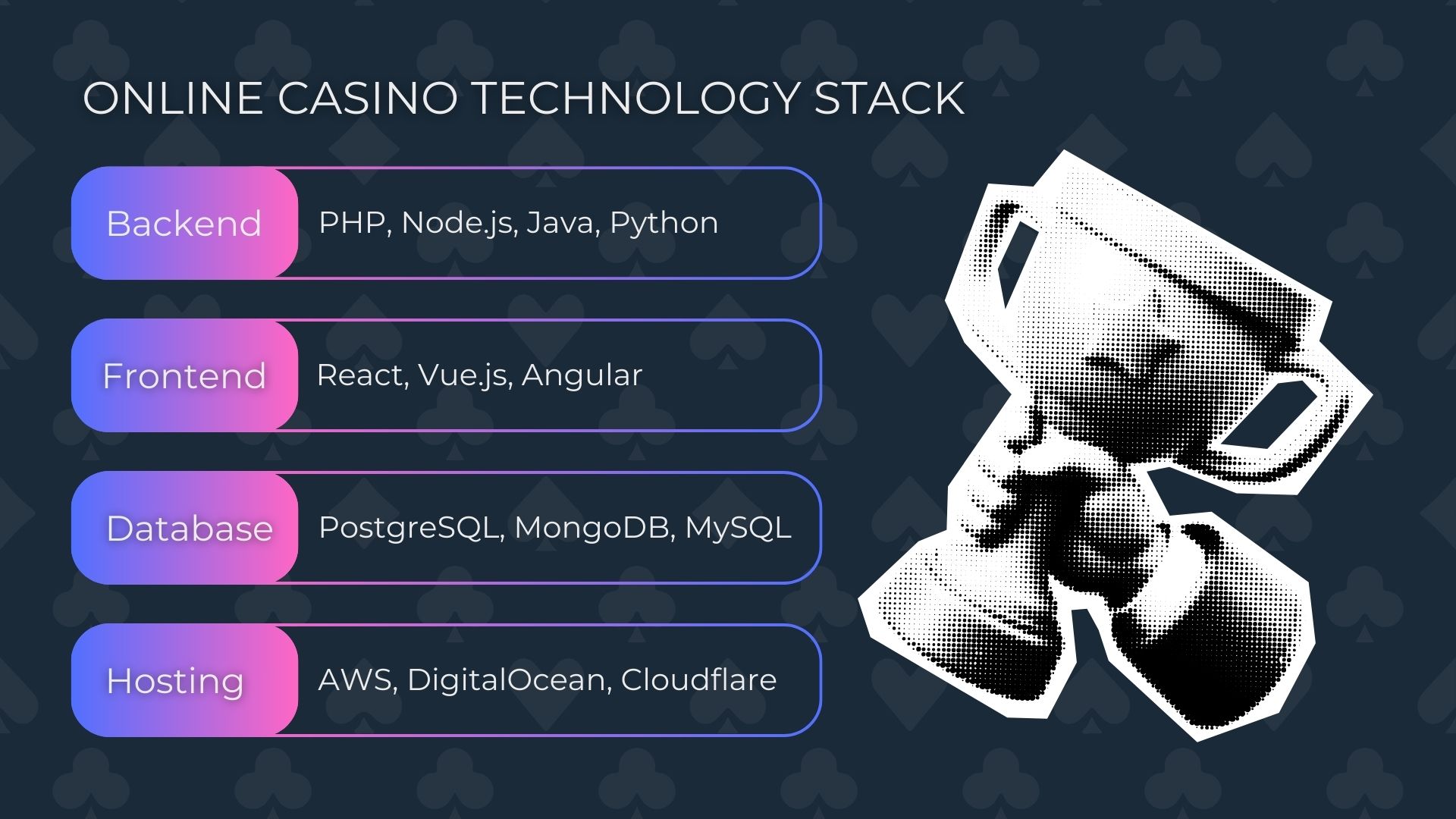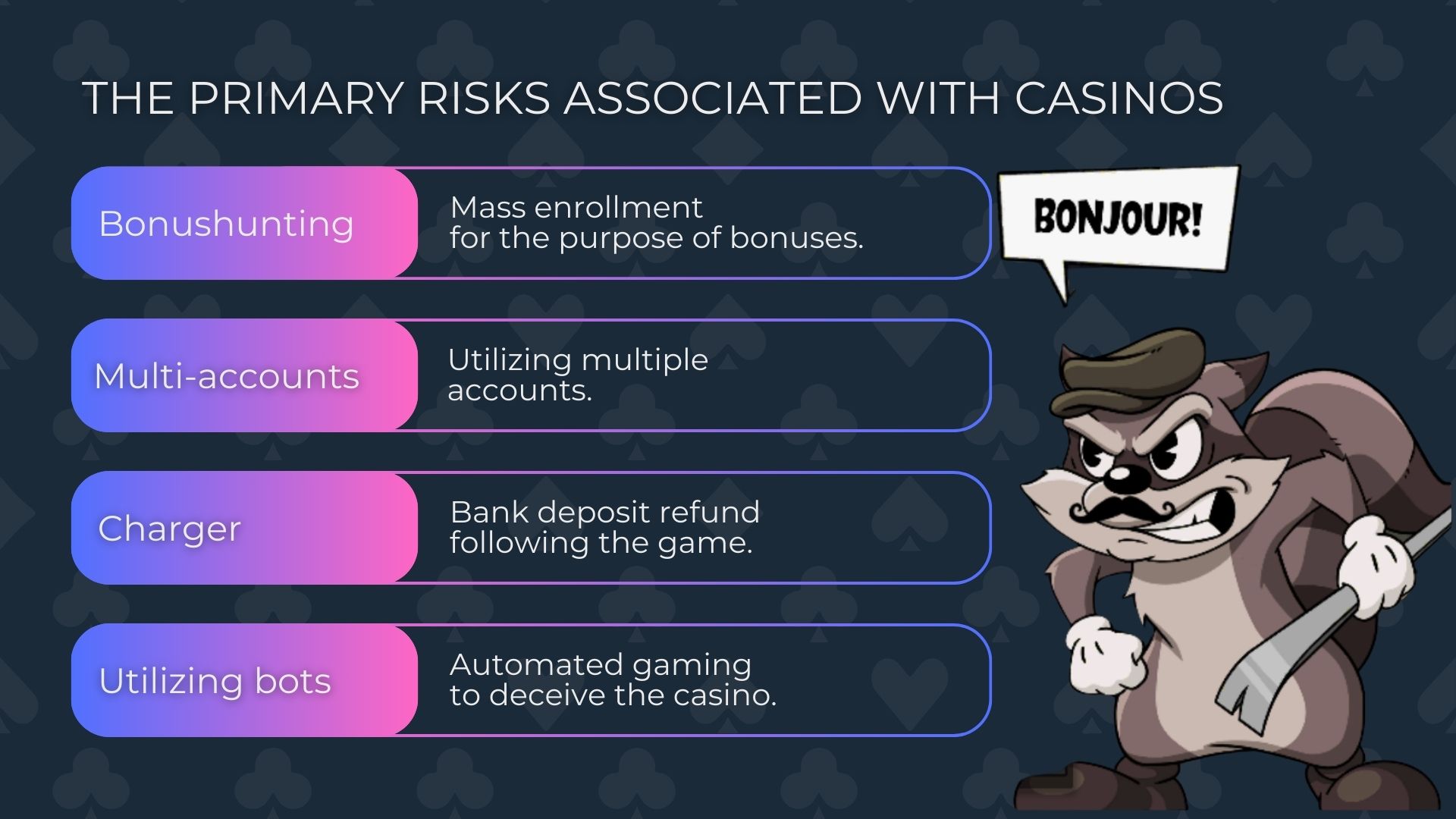
Online Gambling – One of the Fastest-Growing Segments of Internet Business
According to forecasts, the market volume will exceed $150 billion by 2030. This attracts entrepreneurs, but launching an online casino requires a deep understanding of the industry, strict compliance with legal regulations, and a well-thought-out development approach.
Creating a successful casino involves several key stages: obtaining a license, selecting software, developing the platform, integrating payment systems and games, and devising a marketing strategy. Let’s examine each stage in detail.
Licensing and Legal Aspects
A license is the primary factor in gaining the trust of players and partners. Without it, processing payments, advertising the casino on ad networks, and collaborating with leading gaming providers can be difficult. The main licensing jurisdictions differ in terms of requirements, processing time, and costs.
| Jurisdiction | License Cost | Processing Time | Key Features |
|---|---|---|---|
| Malta | from €25,000 | 4-6 months | High KYC & AML requirements, player protection |
| Curaçao | from $15,000 | 2-4 months | Easier to obtain but more difficult with payment systems |
| United Kingdom | from £30,000 | 6-12 months | Strict regulation, prestigious license |
Basic Requirements for Operators
Any licensed platform must comply with strict regulatory standards:
- KYC (Know Your Customer): Player identity verification to prevent fraud and money laundering.
- AML (Anti-Money Laundering): Measures to combat money laundering, including transaction monitoring and reporting to regulatory authorities.
- Data Protection: Compliance with security standards (e.g., GDPR in the EU), encryption of user information, and secure data storage.

Failure to comply with these requirements may result in fines, license revocation, or a complete ban on operations in certain jurisdictions.
Operating Without a License and Its Risks
Some operators choose to launch without a license, especially in gray or unregulated areas. However, this approach carries serious risks:
| Operation Model | Advantages | Risks |
|---|---|---|
| Offshore Domain (No License) | Quick launch, no regulatory barriers | Payment system blocks, low player trust, potential lawsuits |
| Crypto Casino (No Registration) | Anonymity, tax-free | Limited market access, fraud risks, traffic acquisition issues |
| Operating Under a Third-Party License | Avoids own licensing costs | Dependency on partner, unstable cooperation terms |
Although unlicensed casinos can operate for some time, their long-term prospects are uncertain. Players increasingly prefer verified platforms that provide security and transparency.
Choosing a Platform and Software
When launching a casino, you can choose from four options: White Label, Turnkey, custom development, or purchasing a ready-made casino script. Each option has its pros and cons.
| Option | Description | Advantages | Disadvantages |
|---|---|---|---|
| White Label | Renting a ready-made platform from a provider | Fast launch, minimal investment | Limited control, monthly fees |
| Turnkey | Ready-made licensed platform with customization options | Branding opportunity, provider support | More expensive than White Label, less customization freedom than custom development |
| Custom Development | Fully customized platform built from scratch | Full control, uniqueness | High costs, long launch time (12+ months) |
| Ready-Made Script | Buying casino software from third-party developers | Cheaper than custom development, quick customization | Potential issues with updates and security |
The choice depends on budget, timelines, and strategy. For a quick launch, White Label is the best option.

Development and Technical Implementation
Technology Stack
The choice of technology depends on project scale and performance requirements:
- Backend: PHP, Node.js, Java, Python
- Frontend: React, Vue.js, Angular
- Database: PostgreSQL, MongoDB, MySQL
- Hosting: AWS, DigitalOcean, Cloudflare (DDoS protection)

Key Development Stages
Platform Architecture
- Server infrastructure development with load balancing.
- Cloud hosting setup for scalability.
Game Provider Integration
- Connecting slots, table games, live casino.
- API integration with providers.
Payment System Development
- Integration of Visa, Mastercard, and cryptocurrency gateways.
- Multi-level transaction security implementation.
Security and Regulatory Compliance
- Data encryption (SSL/TLS), two-factor authentication.
- Fraud monitoring and KYC verification.
Admin Panel Development
- User, payment, and bonus management.
- Analytics and reporting tools for casino operators.
Testing and Debugging
- Load testing the platform.
- Security and DDoS resistance checks.

A comprehensive technical approach ensures stable platform operation, user data protection, and high player trust.
UX/UI and User Experience
High-quality UX/UI design plays a key role in user retention. Poor navigation, an overloaded interface, or a complicated registration process can drive players away.
Key UX/UI Design Principles
- Simple Registration: Minimum steps, social media login options.
- Responsiveness: Mobile-friendly design, smooth layout.
- Bright but Not Overloaded Design: Visually appealing without excessive animations.
- Intuitive Navigation: Quick access to games, bonuses, and payments.
- Personalization: Offers based on player preferences.

Impact of UX/UI on Retention
- Increased deposit conversion.
- Higher time spent on site.
- Lower bounce rates.
Tools to Improve UX/UI
- A/B testing of interface elements.
- User behavior analytics (Hotjar, Google Analytics).
- Player feedback collection.
Good UX/UI boosts user loyalty and increases casino profitability.
Customer Support and Player Retention
A successful online casino not only attracts new players but retains them through quality support, personalization, loyalty programs, and security measures.

Support Formats
| Support Type | Advantages | Disadvantages |
|---|---|---|
| 24/7 Live Chat | Fast response, user convenience | Requires round-the-clock staff |
| Email Support | Suitable for complex requests, keeps history | Longer response time |
| Phone Support | Personal contact, solves urgent issues | High operational costs |
| Knowledge Base/FAQ | Reduces support workload, saves players’ time | Not suitable for all queries |
Recommended minimum: 24/7 live chat and email support.
Optimal setup: Add phone support and an automated chatbot for quick responses.
CRM System and Player Engagement in Online Casinos
A CRM system (Customer Relationship Management) helps automate player interactions, analyze their behavior, and offer personalized bonuses.

CRM Functions in Online Casinos:
- Player Behavior Analysis (deposits, favorite games, activity).
- Automated Offers: bonuses, promotions, and personalized gifts.
- Audience Segmentation (VIP players, newcomers, “inactive” users).
- Notifications via Email, SMS, and Push Messages.
Recommendation:
- Use automated triggers to re-engage players (e.g., a comeback bonus after 7 days of inactivity).
- Implement a dynamic content system that adapts the homepage to user preferences.
Loyalty Programs and VIP System
Player loyalty is one of the key success factors for an online casino. Proper motivation increases repeat deposits and reduces churn.
Key Elements of a Loyalty Program:
- Activity-Based Bonuses (cashback, free spins).
- Loyalty Points (the more a player plays, the higher their status).
- Club Tiers (Bronze, Silver, Gold, VIP).
- Personalized Offers (exclusive bonuses, tournament tickets).
- Invitations to Exclusive Events (offline gatherings, personal managers).
Recommendation:
- Develop a multi-tier VIP system with real benefits (faster withdrawals, higher betting limits).
- Introduce a cashback system that allows players to recover part of their lost funds.
Fraud Prevention and Risk Management
Fraud is a serious issue in online gambling. A lack of protection can lead to financial losses and payment system bans.

Main Threats
- Bonus Hunting – mass account creation to exploit bonuses.
- Multi-Accounts – using multiple accounts for unfair play.
- Chargebacks – refunding deposits via banks after playing.
- Bot Use – automated gameplay to cheat casinos.
Fraud Prevention Methods
- KYC Verification – identity checks before withdrawals.
- AI Transaction Monitoring – detecting suspicious activity.
- Bonus Limits – tracking frequent activations from the same IP.
- Fingerprinting Systems – analyzing IPs, devices, and behavioral patterns.
Conclusion
Launching an online casino is a complex but highly profitable business. It requires significant investment and a professional approach to licensing, platform selection, technical implementation, marketing, and risk management.

Key Success Factors:
- License & Compliance – player trust and payment system access.
- Right Platform Choice – balance between flexibility, cost, and speed.
- Technical Reliability – protection from hacks, stable servers, quality UX/UI.
- Effective Marketing – SEO, affiliate programs, bonuses, and retention strategies.
- Risk Management – financial stability, fraud protection, quality customer support.
Competition is fierce, but with strategic planning and execution, an online casino can become a profitable business, ensuring stable income and growth. The key is to focus on reliability, fairness, and innovation.







